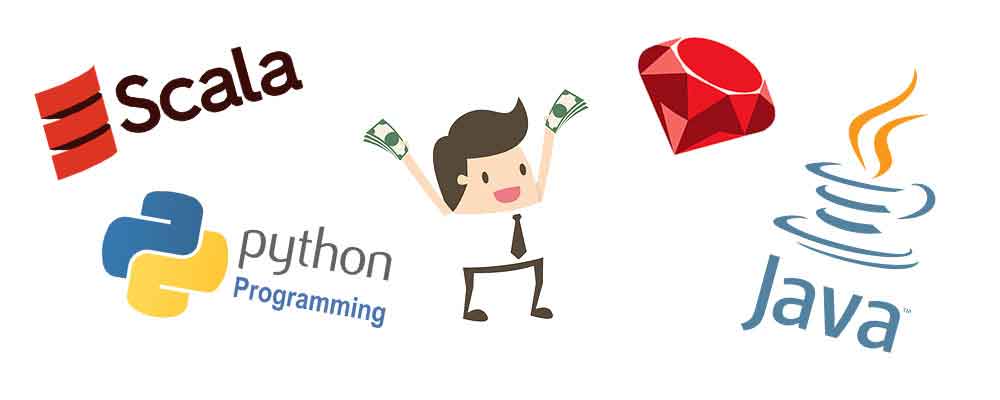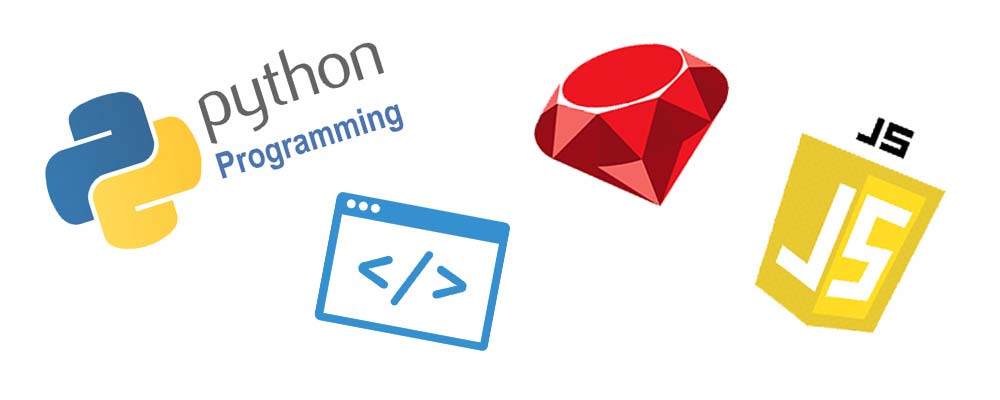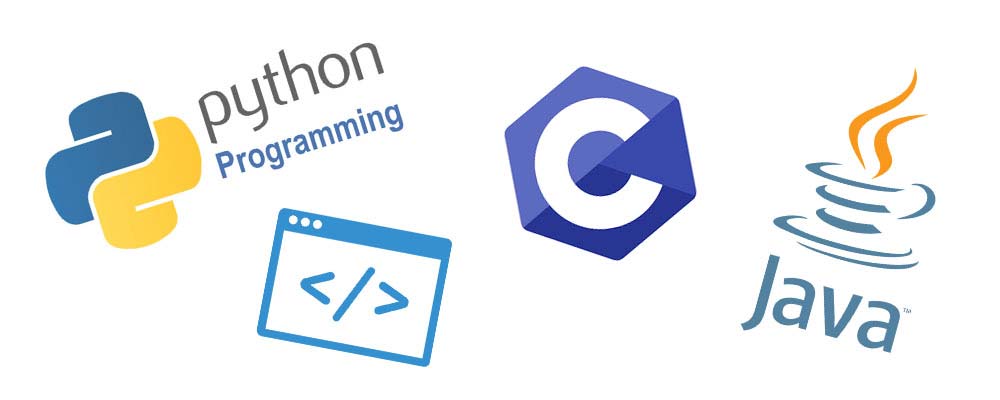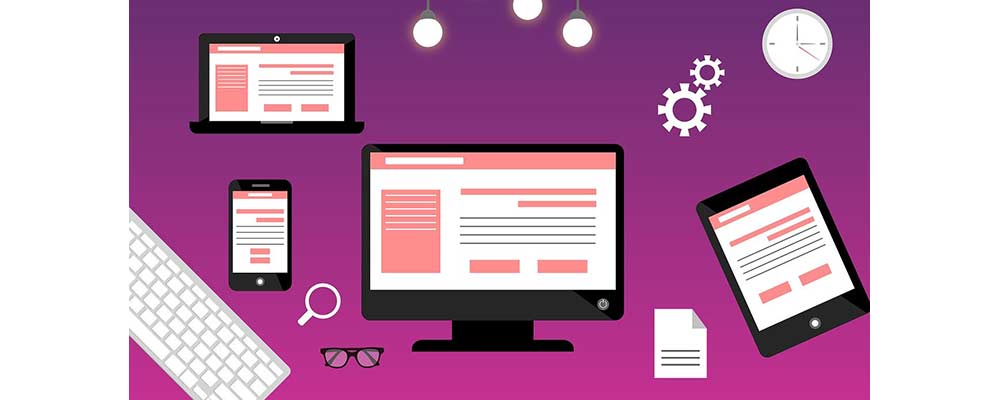Blog post
Why learn Python programming?

By Samantha Allen 25 Oct 2018
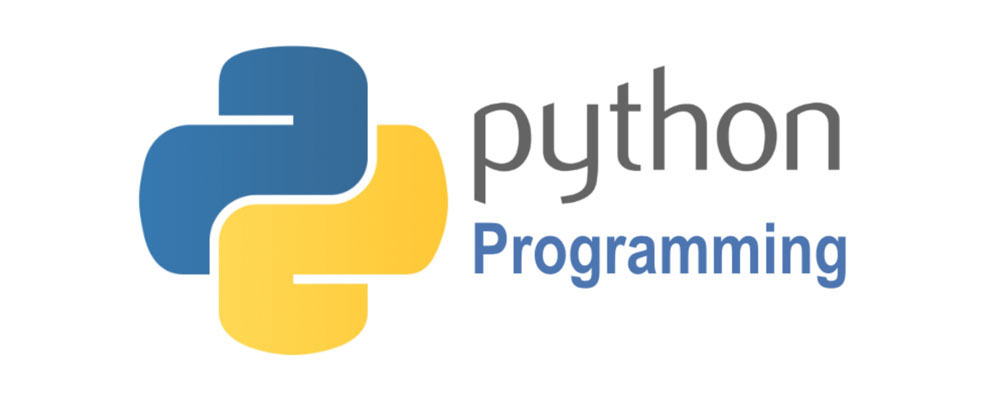
What is Python?
Whether you’re new to programming or an experienced programmer, Python is consistently one of the most popular programming languages around and therefore a good skill to learn.
Python is one of many high-level programming languages written in a form that is closer to our human language. This enables the programmer to simply focus on the problem being solved rather than worrying about technical details.
If you’re not familiar with high and low-level languages, an easy way to understand them is to compare them with gearboxes in cars. A high-level language is like an automatic car; rather than worrying about how to work the gears and clutch, the driver can focus simply on where they’re going. A low-level language is like a manual car; the driver is expected to understand how to control the clutch and select the gears as well as remember where they’re going. Of course there are advantages to having that extra knowledge and control, but if you’re new to programming you will most certainly start out by learning a high-level language.

What makes Python so great?
Simple & easy to learn
Compared to other high-level languages, Python is one of the simplest and easiest to learn. It’s a general-purpose programming language that’s good for existing programmers as well as complete newbies.
Clean & readable code
When writing software the quality of the source code should be a priority, as this simplifies maintenance and updates, saving time and effort later on. Python’s language rules make it easy to express concepts without writing additional code. Unlike some programming languages, it also emphasizes code readability and allows you to use English keywords rather than punctuations. The clean and readable code base that Python uses makes it much easier to create custom applications.
Interpreter included
Python is an interpreted language, which means the code is run one line at a time. It boots up faster, and you can pause, stop and start running the code at any time. This makes it much easier to debug as you go. Python is also object-oriented, so it’s easier to visualise what your code is actually doing.
Versatile use
Python includes high-level built-in data structures and dynamic typing (you can add new properties or functions to different objects at any time). This makes it very attractive for Rapid Application Development and is great for creating entire systems from scratch. It’s also great for smaller projects, such as building bridging software to connect existing systems together.
Python is modular and encourages code reuse, so you can plug in functionality that may already exist without having to create everything from scratch. It also uses dynamic binding (sometimes called late binding), which means you can redefine your functions while the code is running, so much more flexible than many high-level languages.
You can use Python for developing desktop GUI applications, websites and web applications.

Who can learn Python?
Total beginners
Total beginners: https://wiki.python.org/moin/BeginnersGuide/NonProgrammers
Python is great as a first programming language because it is concise and easy to read.
As the interpreter runs the code it makes it much easier to stop, start and debug your code. The interpreter is free to download for all major platforms and is available in source or binary form, meaning you can use it as it comes or adapt it to your own needs.
Existing programmers
Programmers often fall in love with Python because of the increased productivity it provides. It’s familiar and works as you would expect if you’re used to other programming languages. It’s also easy to connect and flexible to use, so you can adapt the interpreter for advanced use.
Python is a good language to have in any programmer’s toolkit as it can be used for everything from web development to software development and scientific applications.

How to learn Python?
There are a few ways to learn Python, depending on how and where you prefer to learn. You can attend a live instructor-led 3 day training course at several locations around the UK and Europe, where you’ll learn the major parts of the Python language thoroughly. Alternatively you can book an expert instructor to conduct training in your own office, for any number of team members.
You can of course find some free courses online, where you could potentially learn the basics of Python. Here are some FREE resources for beginners or non-programers. And here are some FREE resources for Programmers. There are also plenty of FREE guides and support on the Python website.
If you’re interested in finding out more about learning Python feel free to GET IN TOUCH or browse all the Python training courses HERE.


